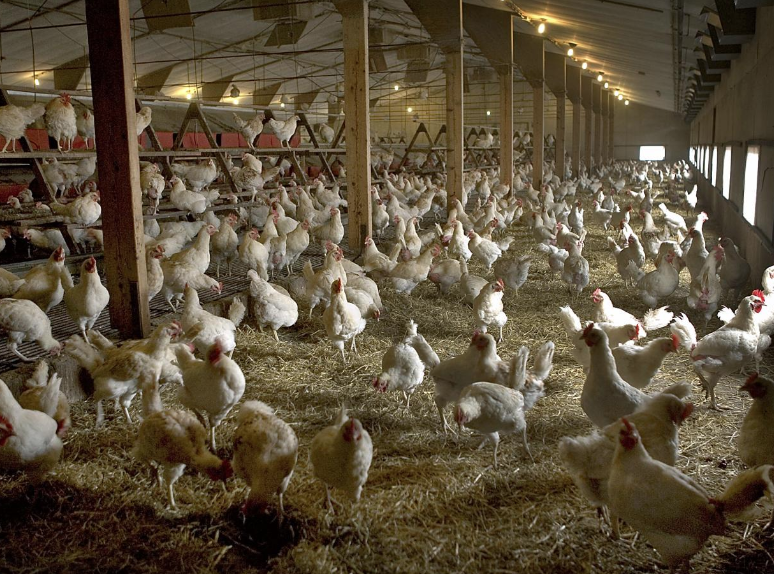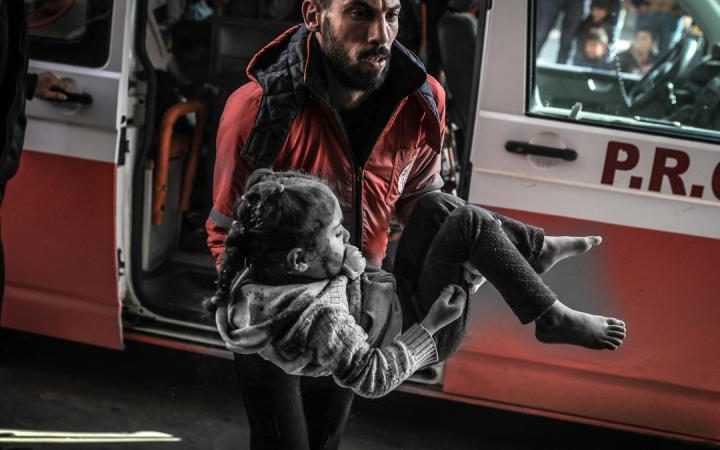The World Health Organization (WHO) says there is “enormous” concern that avian influenza could spread to other species and humans.
The outbreak, which began in 2020, killed tens of thousands of poultry and infected wild birds and mammals. Earlier this month, concerns were heightened when a person who had close contact with cows in the US state of Texas was infected with the A(H5N1) variant.
“This remains a matter of enormous concern,” Jeremy Farrar, chief scientist for the United Nations’ health agency, told reporters in Geneva yesterday.
The biggest concern, of course, is that this virus, which infects ducks, chickens and more and more mammals, could evolve to infect humans and then develop the ability to pass from human to human.
There is no evidence yet of human-to-human transmission of the virus. But Farrar said that in the hundreds of cases where people have contracted the virus through contact with animals, “the mortality rate has been extraordinarily high”.
On April 9, WHO had announced that 463 deaths had been recorded in 889 human cases in 23 countries from 2003 to April 1, 2024, with a mortality rate of 52 percent.
Farrar also said that the A(H5N1) variant has become a “global zoonotic animal pandemic”. Last month, the virus spread to cows and goats, shocking scientists who thought these animals were unaffected.
The case in Texas is the first known case of a mammal-to-human transmission of the virus. Noting that the transmission of bird flu to mammals increases the risk to humans, Farrar said the virus is looking for new hosts.
Calling for increased follow-up studies, the scientist warned, “It is very important to understand how many people are infected… Because the adaptation [of the virus] will take place there,” he warned.
“It sounds tragic to say this, but if I get infected with H5N1 and die, that would be the end of it,” Farrar said:
If I go out in public and infect someone else, then the cycle starts.
Noting that efforts are underway to develop vaccines and treatments for H5N1, Farrar emphasized that health authorities around the world must have the capacity to diagnose the virus.
Farrar emphasized that the world must be “in a position to intervene immediately” if the virus spreads from person to person.





